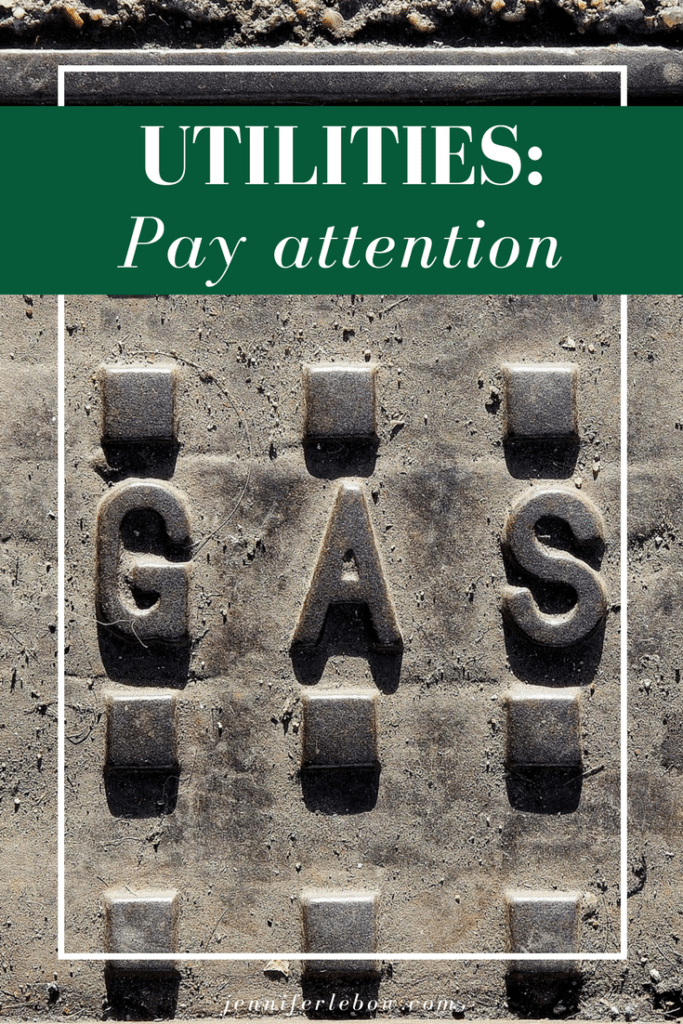
Jennifer LeBow’s Lemon Meringue Pie Recipe
Preheat to 400 degrees.
Bake either homemade or store bought (Pillsbury) crust about 8 minutes, til just starting to brown. Remove from oven and set aside.
On low/med heat in 2 qt. pot, mix:
1 ½ cups sugar
6 T corn starch
Add:
1 ½ cups water
Stir constantly, increasing to medium heat until mixture boils. Boil 1 minute while stirring.
Slowly pour half of hot mixture into:
3 beaten egg yolks (save the whites for the meringue)
Pour all of the egg mixture back into the pot. Boil and stir 1 minute. Remove from heat.
Add:
½ cup lemon juice
4 T cut up butter
Combine thoroughly and pour into pre-baked pie shell.
For meringue:
With wire whisk attachment, beat until foamy in stand mixer:
3 egg whites
3/4 t cream of tartar
Add a little at a time, beating until glossy and somewhat stiff:
6 T sugar
¾ t vanilla
Spread meringue evenly atop lemon curd and use knife to make pattern if desired.
Bake in 400° oven 9 minutes.










